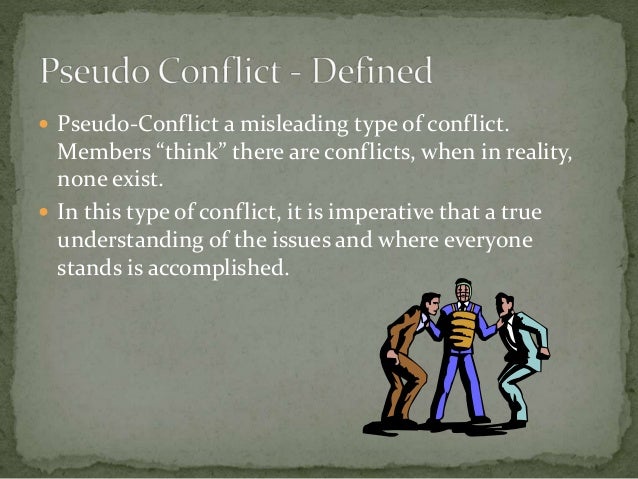“All Scripture is inspired by God and is profitable for teaching…” So says Paul in 2 Timothy 3:16. And this has certainly proved itself to be true in my life. I have been taught (as well as rebuked, corrected, and trained, as Paul says in the rest of the verse) by all Scripture. I have even been taught, etc. by Scripture I didn’t think was possible of teaching anyone anything, Scripture which on the surface seems to have little to teach.
A recent case in point is Genesis 42:36-37:

This passage came up in my daily reading a few days ago. It is part of the Joseph narrative of Genesis, the story of how Joseph, who has become the second most powerful ruler in Egypt, is testing his brothers to see how they have changed after selling him into slavery years ago. In this part, the brothers report to Jacob after their first trip to Egypt to get grain. They tell Jacob that Simeon has been imprisoned and will not be released unless they return with Benjamin. In reply to this, Jacob says, “Everything is against me!”
At first glance, it doesn’t look like there is much in this passage for the follower of Christ. That’s what I thought at first. I even remembered discussing it in Bible college; I remembered my Old Testament professor saying that Reuben’s response to Jacob here is “boneheaded” (I believe that is the word he used). That gave me a little laugh. It didn’t give me much direction.
But then something happened. I read over those words a second (something I often do as I read the Scripture for devotion), and that phrase “Everything is against me” caught my attention. That is how I believe hearing from God works: I believe we hear from God when something in Scripture catches our attention (or maybe when the Holy Spirit who is in us and who is operating as we read Scripture brings something to our attention). And this phrase caught my attention as I read that day. It caught my attention as I read because I realize I often say the same thing. I often look at the obstacles that are in my path and conclude that everything is against me. I often get frustrated when difficulties come my way and I ask, “Why is this happening to me?” (That, by the way, is how I would paraphrase Jacob’s words here: “Why is this happening to me?”)
That is obvious not a mature response to difficulties. I think we all see that in Jacob here. I think we are supposed to see it in Jacob here. I think we are supposed to understand that while this reaction was somewhat understandable (as indeed a lot of unfair and unhappy stuff had happened to him), it was not at all mature or noble or helpful. It was whining, in other words.

What is less easy to see is how often we whine in that same way. Immaturity in others, after all, is always far more visible than immaturity in ourselves. Immaturity in ourselves is always far more understandable in ourselves than in others (we give ourselves a pass on such whining more readily and easily than we give such a pass to others).
As I read this text that morning, though, I could see it me. I could see that I am often so immature and unhelpful, that I often whine. And I could also see what to do about that. I could see that God was calling me not to simply stop whining; I suppose that was part of what God was calling me to, but it was not the totality (stop is rarely the totality of what God tells us about anything). I could also see that God was not calling me to try to escape the situations which result in whining; that’s not possible; many of these situations are out of my control and thus inescapable.
Rather, I could see that God was calling me to change my question. He was calling me to turn from asking why to asking what. He was calling me to move from asking, “Why is this happening to me?” to “What is Kingdom in this situation?”
I take that phrase Kingdom from our Lord Jesus Christ Himself. Kingdom was His primary message, being the subject of what I call His “inaugural message”, the sermon He preached when He began His public ministry (Matthew 4:17 and Mark 1:15). It was also in a prominent place in His “model” or “Lord’s Prayer” (Matthew 6:9-13).

I sometimes call this “the goal of God”. I think that is what it is. I think God’s ultimate goal and thus Jesus’ ultimate goal is the Kingdom coming, God’s will being done as perfectly on earth as it is in the heavenly realms. Every other goal God has (making disciples of all nations, transforming us into the likeness of His son) is a subset or expression of that one, great, overriding goal.
And since that is His goal, it should be my goal as well. That being the case, “Why is this happening to me?” is always the wrong question. A much better question is, “What is Kingdom here? What does the Kingdom want to result from this my encounter with this obstacle? How can God’s will be done in this difficulty?” There is a positive answer to that question/those questions. Every obstacle and difficulty, every setback and attack and insult and hardship, is a Kingdom opportunity, a chance for God’s will to not only be done but be done through me. And thus that is the question to ask. That is the avenue to take.
And I’m not very good at taking it. I’ll be honest about that. I’d love to see myself as Joseph (who it seems had some immaturity in the early part of his story but who was fully living into the Kingdom by this point), but I know I’m far more like Jacob. It is not easy to switch questions like this. It isn’t for me, anyway. I will keep that switch in mind, though, or I’ll try to. It is what will indeed bring the Kingdom, so it is what I will try to do. I’ll try to go from “Why?” to “What?”






![20180628_103400[1]](https://dougmccoyblog.wordpress.com/wp-content/uploads/2018/06/20180628_1034001.jpg?w=869)











